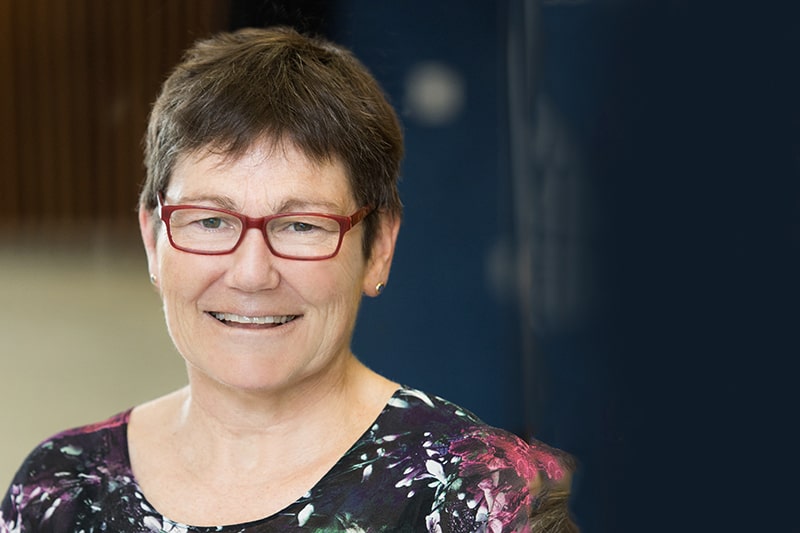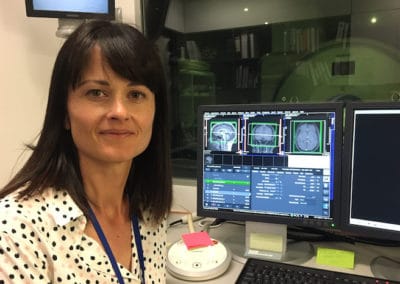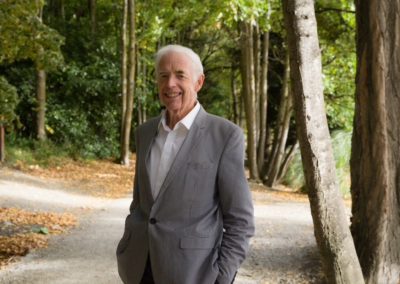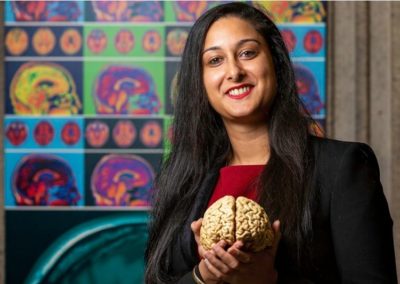Prof Ngaire Kerse, Principal Investigator at Brain Research New Zealand (BRNZ), was named a Member of the New Zealand Order of Merit for “services to seniors and health” in the 2020 New Year Honours.
“Professor Kerse is an international expert in maximising health for older people, falls and older people, the impact of physical activity on development of disability, and developing Robot Technology for older people with dementia,” the Department of the Prime Minister and Cabinet States. Ngaire is a Professor of General Practice and Primary Health Care, and practices part-time as a General Practitioner at the Auckland City Mission. In 2018, she was appointed the inaugural Joyce Cook Chair in Ageing Well at the University of Auckland.
Ngaire has been an integral member of BRNZ since its inception, and has led and been involved with numerous research projects of interest to and supported by our Centre of Research Excellence.
Ngaire co-leads a study called “Life and Living in Advanced Age: a Cohort Study in New Zealand – Te Puāwaitanga O Ngā Tapuwae Kia Ora Tonu” (LiLACS). It aims to learn more about older New Zealanders – Māori and non-Māori – and their health and wellbeing. The goals of the research are to help people plan better for their health and wellbeing in later life, to allow older New Zealanders to share their knowledge with future generations, and to inform the development of local and national policies to benefit older people. (Find out more about their research findings here!)
Ngaire is also part of the “Living with Dementia in Aotearoa” (LiDiA) study, which ultimately aims to measure the prevalence of dementia in people aged over 65 across all of New Zealand’s major ethnic group. The first step, a large-scale feasibility study to refine tools and procedures, is funded by BRNZ and the HRC, and allows the research team to reach participants from six different communities – Māori, Samoan, Tongan, Chinese, Indian, and NZ European.
Another one of Ngaire’s projects that BRNZ has supported is a feasibility study with participants with mild cognitive impairment using the Ronnie Gardiner Method (RGM). RGM is a novel rhythm and music based rehabilitation method that stimulates movement, speech and cognition. It has been used successfully in groups with stroke, Parkinson’s disease, depression, multiple sclerosis, dementia, and to support healthy ageing.
We would like to extend our heartfelt congratulations to Ngaire for being named a Member of the New Zealand Order of Merit – we are immensely proud to have her as a member of our Centre of Research Excellence.



